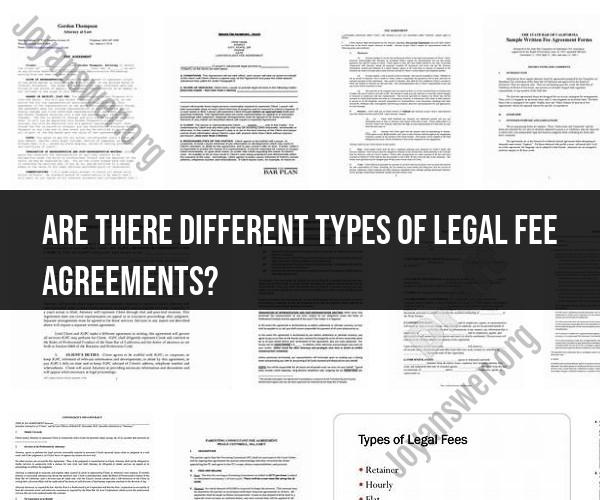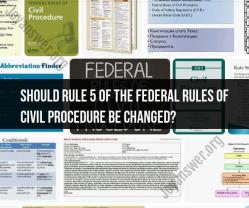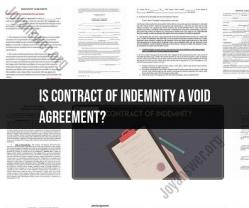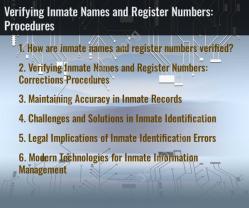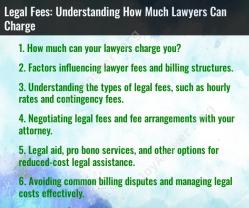Are there different types of legal fee agreements?
Yes, there are several different types of legal fee agreements that attorneys and clients can use to formalize the terms of legal representation. The choice of fee agreement depends on the nature of the legal matter, the preferences of the attorney, and the client's financial situation. Here are some common types of legal fee agreements:
Hourly Fee Agreement: In this arrangement, the attorney charges the client based on the number of hours worked on the case. The attorney's hourly rate is typically outlined in the agreement, and clients are billed for the actual time spent on their legal matters. Hourly fee agreements are common for a wide range of legal services.
Flat Fee Agreement: A flat fee agreement involves the client paying a predetermined, fixed amount for specific legal services. This type of agreement is often used for routine legal matters like drafting wills, handling real estate closings, or uncontested divorces.
Contingency Fee Agreement: Contingency fee arrangements are common in personal injury cases and certain types of civil litigation. In this agreement, the attorney's fees are contingent on the outcome of the case. If the client wins, the attorney receives a percentage of the settlement or judgment. If the client doesn't win, they typically don't owe attorney fees.
Retainer Agreement: A retainer fee agreement requires the client to pay an upfront sum of money, known as a retainer, to the attorney. The attorney then bills against this retainer as they work on the case. Once the retainer is depleted, the client may need to replenish it. Any unused portion of the retainer may be refunded to the client.
Mixed Fee Agreement: Some legal matters may involve a combination of fee structures. For example, an attorney might charge an hourly rate for certain tasks and use a contingency fee for other aspects of the case.
Limited Scope or Unbundled Services Agreement: In limited scope representation, the attorney agrees to handle only specific aspects of the legal matter, such as providing legal advice, drafting documents, or representing the client in court for a particular hearing. The client pays for these limited services rather than full representation.
Pro Bono Agreement: In pro bono cases, attorneys provide legal services to clients for free or at a significantly reduced rate. Pro bono work is typically done for clients who cannot afford legal representation and may involve legal aid organizations or volunteer attorneys.
Hybrid Fee Agreement: In some cases, attorneys and clients may create customized fee arrangements that combine elements of different fee structures to accommodate the unique needs of the case and the client's financial situation.
It's crucial for both attorneys and clients to have a clear understanding of the fee agreement, including the scope of services covered, the attorney's fees, and any additional costs or expenses. Fee agreements should be put in writing to ensure transparency and avoid misunderstandings. Legal ethics rules often require attorneys to provide clients with written fee agreements in certain situations.
